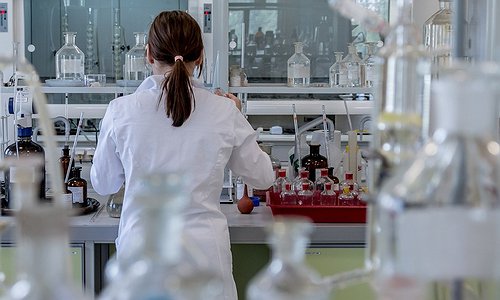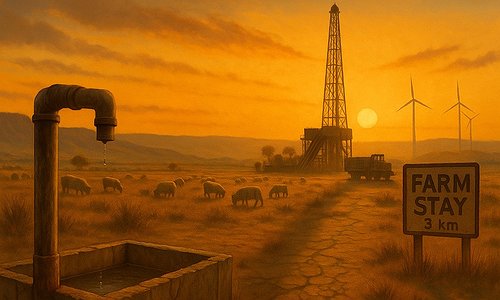Africa agri-tech conference and expo 2025 pioneers the future of SA agriculture
Showcasing Cutting-Edge Agri-Tech Innovations
AAT 2025 aims to highlight the transformative potential of agri-tech in improving agricultural productivity and sustainability. The conference will feature over 30 sessions, with internationally acclaimed speakers sharing insights on topics such as artificial intelligence (AI), remote sensing, and digital transformation in farming practices. One of the focal points of the event is precision agriculture, which leverages technologies like AI and satellite imagery to optimize farming operations.
Companies such as Farmonaut are leading the way by providing satellite-based crop health monitoring and soil moisture analysis, allowing farmers to make data-driven decisions. This approach not only increases yields but also promotes sustainable resource management. The expo will also look into the integration of drone technology in agriculture. Drones equipped with advanced sensors can monitor crop health, assess irrigation needs, and even assist in planting, thereby reducing labour costs and improving efficiency. The event will also explore the role of the Internet of Things (IoT) in creating smart farming systems, where interconnected devices provide real-time data to farmers, allowing for timely interventions and resource optimization.
The Significance of Agri-Tech in South Africa
Agriculture remains a cornerstone of South Africa's economy, contributing significantly to employment and GDP. The sector has demonstrated resilience, with a notable 17.2% expansion in the fourth quarter of the previous year, driven by increased activity in field crops and animal products. The adoption of agri-tech solutions presents an opportunity to address longstanding challenges in the sector, such as climate variability, resource constraints, and the need for increased productivity.
By embracing technologies like precision agriculture, South African farmers can optimize input use while reducing their environmental impact, thereby improving their crop yields. This technological shift could be essential to security and meeting the demands of a growing population.
Implications for the South African Economy
The integration of advanced technologies into agriculture has far-reaching implications for South Africa's economy. Improved agricultural productivity can lead to increased exports, strengthening the country's trade balance and contributing to economic growth. The agricultural sector is largely export-oriented, with products such as maize, wine, and fruits reaching international markets.
The growth of the agri-tech sector can stimulate job creation, not only within agriculture but also in related industries such as manufacturing, data analytics, and logistics. As farms adopt more sophisticated technologies, there will be a rising demand for skilled professionals to operate and maintain these systems, leading to the development of new career paths and educational programs. Investments in agri-tech also attract foreign direct investment (FDI), as global companies seek to partner with local firms to tap into the burgeoning African agricultural market. This influx of capital can further drive innovation and infrastructure development, creating a positive feedback loop that benefits the broader economy.
Final Thoughts
The Africa Agri Tech Conference & Expo 2025 stands as a pivotal event for showcasing the potential of technology to revolutionize agriculture in South Africa. The advancements seen at the conference will underscore the critical role of technology in shaping the future of agriculture and its contribution to the South African economy.




